Antimicrobial Resistance: The Silent Global Security Threat and the Risks of Inaction
In this episode of The International Risk Podcast, Dominic Bowen is joined by Dr. Ramanan Laxminarayan to explore antimicrobial resistance (AMR) as one of the most urgent yet under-recognised global risks. Often described as a silent crisis, AMR already claims more than 1.3 million lives each year. Its impact stretches far beyond hospitals and laboratories. It is reshaping international security, trade, and cooperation. As Dr. Laxminarayan stresses, “We have crossed the red line where we have completely untreatable infections. Some people tend to think of antibiotic resistance as being a future threat. I do not think of 1.3 million people dying as a future threat.”
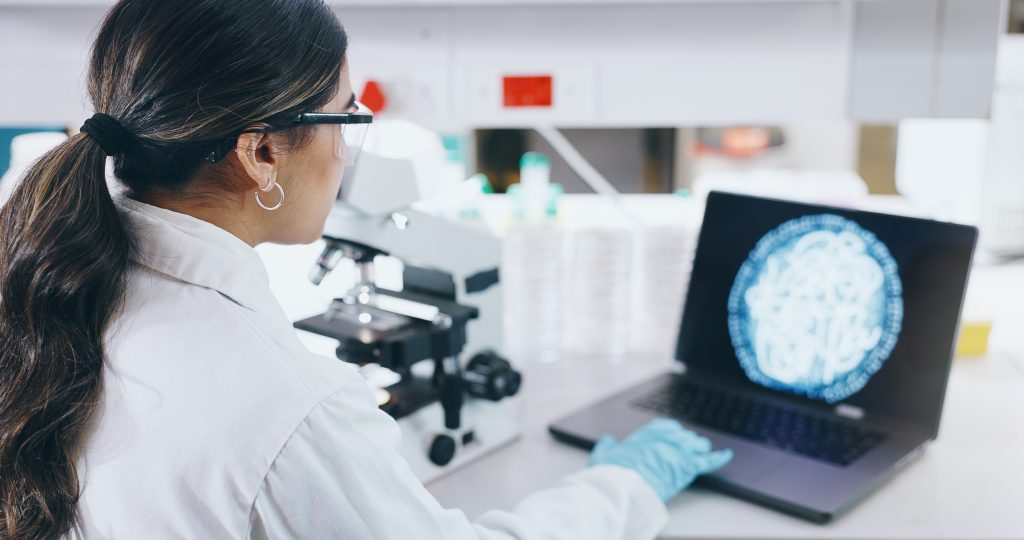
Why AMR is a Present Crisis
For decades, AMR was spoken about as a looming problem. Dr. Laxminarayan rejects this framing. “Every time someone undergoes chemotherapy, an organ transplant, or even routine surgery, their survival depends on antibiotics working. The fact that they are now failing so quickly in all parts of the world is a significant threat to healthcare as we know it.”
Without effective antibiotics, the backbone of modern medicine begins to collapse. He highlights that the risk is not confined to hospitals. “Three quarters of the antibiotics in the world are not even used to treat humans. They are given to animals, often every day of their short lives, to promote growth. That is one of the major contributors to resistance, and it is largely invisible to consumers.”
Conflict as a Driver of Resistance
Conflict zones are hotspots for resistant infections. In Ukraine, Gaza, and Sub-Saharan Africa, destroyed hospitals, poor sanitation, and makeshift field medicine fuel multi-drug resistance. “When health systems break down, bacteria adapt quickly,” Dr. Laxminarayan explains. “Even when the fighting stops, the resistant bacteria remain. Conflict leaves behind a legacy of infections that no antibiotic can treat.”
He argues that peace and stability are prerequisites for controlling infections. “We underestimate the value of peace. Stability is a necessary condition for controlling infections at scale. Without it, even the most advanced medicines will not be enough.”
The Economics of Inaction
The global market for antibiotics is broken. Few large pharmaceutical firms remain in the sector, and smaller enterprises struggle to survive. “Eighty percent of the drug development in this space happens in small and medium enterprises. But the economics are so bad that many of them go bankrupt even after developing a drug,” he says.
Governments provide some funding, but not at the level required. “Policymakers are aware of the problem. The scale of response is simply not commensurate with the scale of the threat, which is enormous.”
Why Governments Have Been Slow to Act
Despite decades of warnings, AMR has not generated the urgency of HIV, malaria, or Covid-19. According to Dr. Laxminarayan, “There has never been a single avalanche moment like with Covid where political leaders were forced to pay attention. And unlike HIV or TB, there is little patient advocacy. People die quickly, families often do not know resistance was the cause, and there are no large movements demanding better drugs.”
He also notes that short-term political incentives discourage investment. “The right policies pay off over decades, but electoral cycles push leaders towards quick wins. That is why many national action plans exist only on paper. Less than 35 percent are adequately funded.”
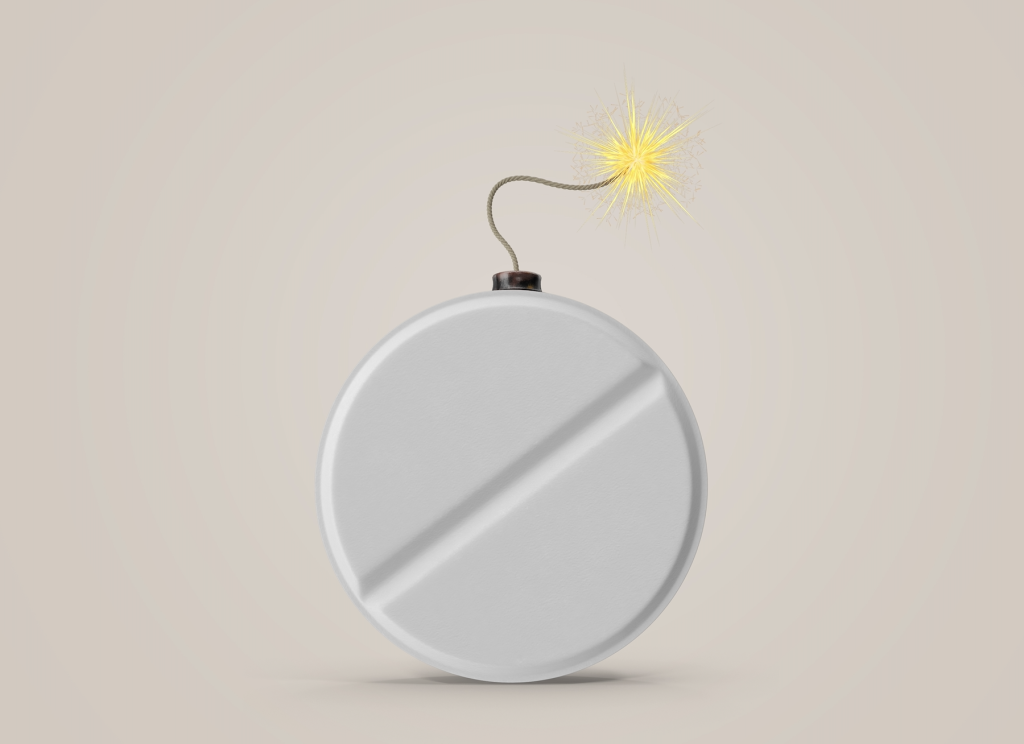
Prevention as the First Line of Defence
Prevention is critical. “Every infection we prevent is one fewer opportunity for resistance to develop,” Dr. Laxminarayan explains. Vaccines, sanitation, and hygiene remain cost-effective and scalable interventions.
He points to the success of the Gavi Alliance as an example. “Vaccines are our best bet against resistance. If you prevent an infection, you do not have to treat it, and you do not risk creating resistance.”
AMR as a Geopolitical Risk
AMR is not just a medical issue. It is a destabilising force. “If you lose faith in the power of antibiotics, you lose faith in much of what we consider modern medicine,” he says. Resistant infections undermine trust in healthcare systems, weaken governments, and complicate humanitarian responses.
At the global level, AMR requires collective action. “This is like climate change. My misuse of antibiotics can create untreatable infections for you, even if you never took antibiotics yourself. That is why international cooperation is not optional. It is essential.”
Yet, at the very moment when cooperation is most needed, nationalism and mistrust of institutions are rising. “We were better at cooperating a decade ago than we are today,” Dr. Laxminarayan warns. “If we continue to act with hypocrisy and allow genocides or conflicts to persist unchecked, we are creating the conditions for long-term damage.”
The Role of Youth and Civil Society
Young people can play an important role in changing consumer behaviour and political priorities. “In countries like India and Nigeria, youth make up more than half the population. They have the power to change demand. In the United States, consumer pressure forced producers to stop using antibiotics in meat. There is no reason youth cannot play the same role elsewhere.”
Civil society can also raise awareness and keep AMR on the agenda. He argues, “The public has no idea that the chicken they eat was likely fed antibiotics every day of its short life. If people knew, they would demand change.”
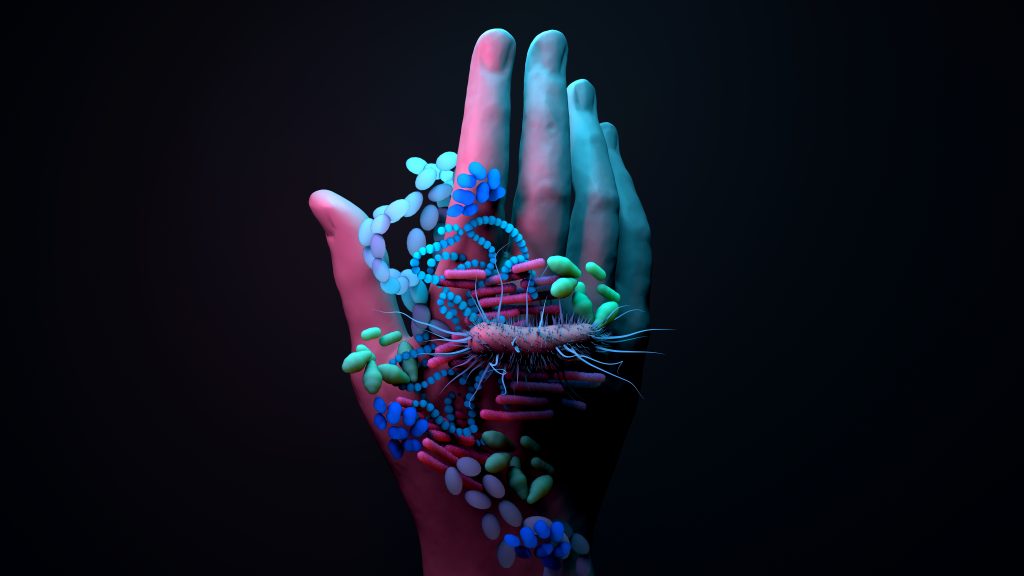
Conclusion
Antimicrobial resistance is already shaping the future of health, economics, and security. It is not a distant threat. It is a crisis unfolding now.
As Dr. Laxminarayan warns, “The United Nations has set a very modest goal of reducing AMR deaths by 10 percent by 2030. That is just 130,000 lives saved. We can and must be more ambitious. With cooperation and political will, we could save 1.3 million lives every year.”
This episode of The International Risk Podcast is a call to recognise AMR as a defining challenge of our time. By investing in prevention, incentivising new treatments, and rebuilding trust in global cooperation, the world can still step back from the red line.

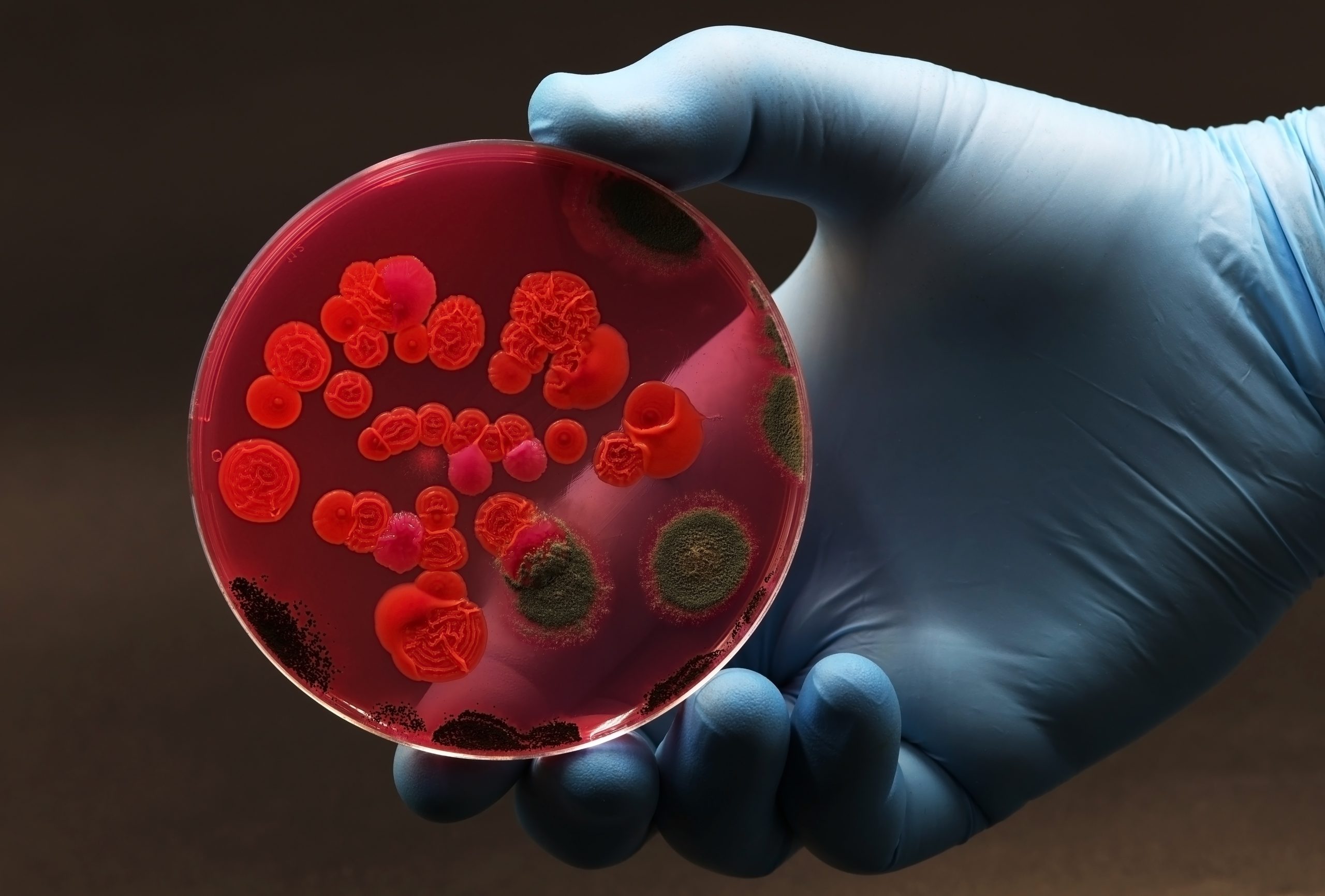
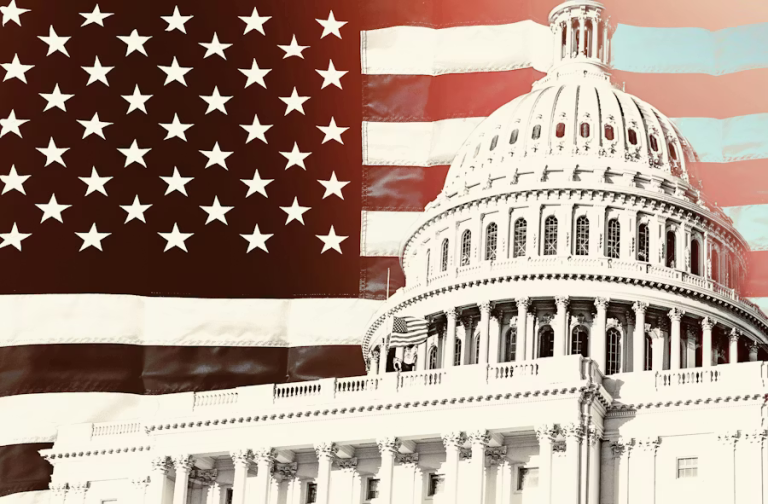


One Comment
Comments are closed.